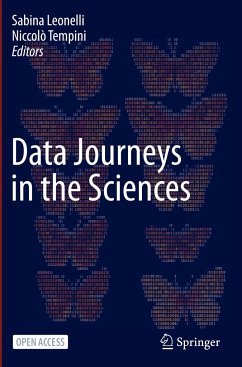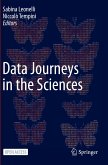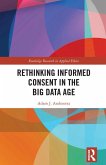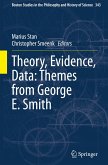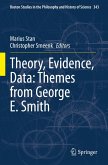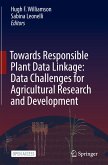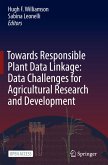This groundbreaking, open access volume analyses and compares data practices across several fields through the analysis of specific cases of data journeys. It brings together leading scholars in the philosophy, history and social studies of science to achieve two goals: tracking the travel of data across different spaces, times and domains of research practice; and documenting how such journeys affect the use of data as evidence and the knowledge being produced.
The volume captures the opportunities, challenges and concerns involved in making data move from the sites in which they are originally produced to sites where they can be integrated with other data, analysed and re-used for a variety of purposes. The in-depth study of data journeys provides the necessary ground to examine disciplinary, geographical and historical differences and similarities in data management, processing and interpretation, thus identifying the key conditions of possibility for the widespread data sharing associated with Big and Open Data.
The chapters are ordered in sections that broadly correspond to different stages of the journeys of data, from their generation to the legitimisation of their use for specific purposes. Additionally, the preface to the volume provides a variety of alternative "roadmaps" aimed to serve the different interests and entry points of readers; and the introduction provides a substantive overview of what data journeys can teach about the methods and epistemology of research.
The volume captures the opportunities, challenges and concerns involved in making data move from the sites in which they are originally produced to sites where they can be integrated with other data, analysed and re-used for a variety of purposes. The in-depth study of data journeys provides the necessary ground to examine disciplinary, geographical and historical differences and similarities in data management, processing and interpretation, thus identifying the key conditions of possibility for the widespread data sharing associated with Big and Open Data.
The chapters are ordered in sections that broadly correspond to different stages of the journeys of data, from their generation to the legitimisation of their use for specific purposes. Additionally, the preface to the volume provides a variety of alternative "roadmaps" aimed to serve the different interests and entry points of readers; and the introduction provides a substantive overview of what data journeys can teach about the methods and epistemology of research.

